Roof Replacement: How Often Should You Replace Your Roof?
Have you ever wondered about the lifespan of your roof and when the right time for a roof replacement is? You’re not alone. Many homeowners find it challenging to determine the ideal time for a roof replacement. Just like anything else in your home, your roof needs routine checks and upkeep, but how often should you replace it? Join us as we uncover the answer to this puzzling question and equip you with invaluable insights to guide your decision-making process, ultimately protecting your home and investment.
How often you would need roof replacement depends on several factors, such as materials, quality of installation, and environmental conditions. As a general guideline, most roofs need to be replaced every 20 to 25 years. However, regular inspections can help identify signs of damage or wear that may warrant earlier replacement. It’s always best to consult with a professional roofing contractor for an accurate assessment of your roof’s condition and recommendations for replacement timing.
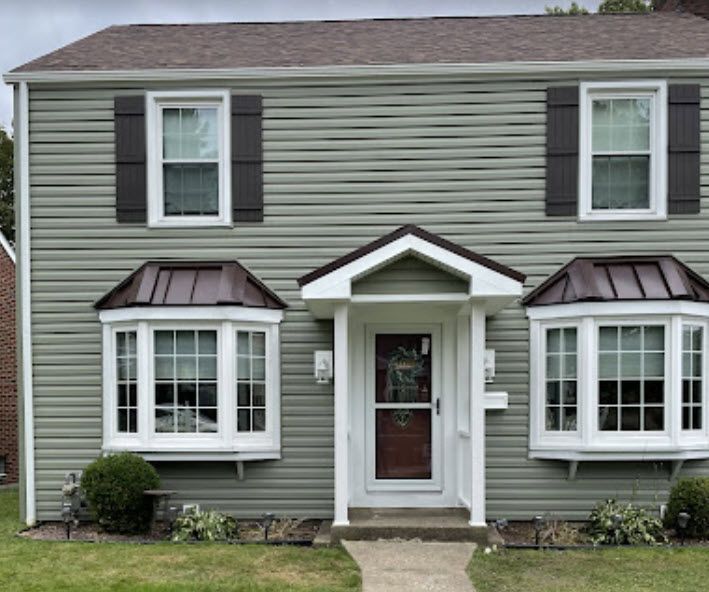
Factors Influencing Roof Durability
The durability of a roof depends on various factors that can impact its lifespan and overall performance. Understanding these factors is crucial in determining how often you should replace your roof.
Firstly, the material used for the roof plays a significant role in its durability. Different materials have different lifespans and are more or less resistant to wear and tear. For example, asphalt shingles typically last around 20 to 30 years, while metal roofs can last up to 50 years or more. Factors such as the quality of installation and maintenance practices can also affect the longevity of the roof.
Consider a scenario where two houses in the same neighborhood have roofs made of different materials. The house with an asphalt shingle roof might require replacement after 25 years due to wear and tear caused by weather elements, while the house with a metal roof may still have several decades of life left.
Another important factor to consider is the climate in which your home is located. Extreme weather conditions, such as heavy rain, snowfall, high winds, or constant exposure to sunlight, can significantly impact the lifespan of your roof. For instance, roofs in areas prone to frequent hailstorms will likely experience more damage compared to roofs in regions with milder climates.
It’s also worth noting that proper installation and regular maintenance are essential for extending the lifespan of your roof. Poor installation practices can lead to premature deterioration and structural issues while neglecting regular maintenance can allow minor problems to escalate into major damage over time.
Weather Impact on Roofs
Weather conditions have a significant influence on the durability and longevity of roofs. Different climatic elements can cause wear and tear over time, leading to the need for roof replacement.
Picture a home situated in an area with harsh winters, constant freezing temperatures, and heavy snowfall. The weight of the snow accumulation can place immense strain on the roof’s structure, leading to cracks, leaks, or even collapse if not properly addressed. In this case, frequent inspections and maintenance would be necessary to ensure the roof remains intact and able to withstand the weather demands.
Additionally, intense sunlight and high temperatures can also impact roofs. UV rays from the sun can cause materials such as asphalt shingles to deteriorate faster over time. The constant exposure to direct sunlight can lead to cracking, warping, and fading of the roof’s surface.
Other weather events such as windstorms, heavy rains, and hailstorms can also cause significant damage to roofs. Strong winds can uplift shingles or even tear them off completely. Heavy rains can lead to water ponding on the roof’s surface, increasing the risk of leaks and moisture damage. Hailstones can cause dents or punctures in roofing materials, compromising their integrity.
Understanding how weather impacts roofs is crucial in assessing the condition of your roof and determining when it may need replacement or repair. By considering these factors alongside other elements such as material quality and proper maintenance practices, you’ll be better equipped to make informed decisions about your roofing needs.
Roof Maintenance Importance
Maintaining a well-functioning roof is essential for the longevity and integrity of your home. Neglecting regular roof maintenance can lead to costly repairs and even premature replacement. So, why is roof maintenance important?
First and foremost, routine inspections and maintenance help identify minor issues before they escalate into major problems. Small leaks or damaged shingles, if left unaddressed, can result in water infiltration, structural damage, or mold growth. By regularly inspecting and maintaining your roof, you can detect these issues early on and prevent extensive damage.
Furthermore, proper roof maintenance ensures that your home remains energy-efficient. A well-insulated and sealed roof prevents heat from escaping during colder months and keeps your home cooler in the summer. This not only enhances your comfort but also reduces energy costs over time.
Imagine neglecting regular maintenance on your roof, only to discover significant water damage during a heavy rainstorm. Not only would you have to deal with costly repairs, but it could also lead to interior damage, including ruined furniture and possessions.
Regular maintenance also extends the lifespan of your roof. By proactively addressing minor issues and performing necessary repairs or replacements as needed, you can significantly prolong the life of your roof. This saves you money in the long run by avoiding costly premature replacements.
Understanding the importance of roof maintenance lays a foundation for recognizing when it’s time to consider replacing your roof altogether.
Signs of Damage and Need for Roof Replacement
While regular maintenance goes a long way in preserving the lifespan of your roof, there comes a point when repairs are no longer sufficient, and a replacement becomes necessary. W hat are some signs that indicate roof damage and the need for replacement?
One telltale sign is missing or damaged shingles. Shingles protect your roof from external elements, and if they are cracked, curled, or missing altogether, this compromises the roof’s ability to shield your home. Additionally, granules from deteriorating shingles may collect in gutters or appear on the ground around your home, indicating that it’s time for a replacement.
Another sign is water damage or leaks. If you notice water stains on your ceilings or walls, it could indicate that your roof has developed leaks. Frequent leaks despite repairs can be a sign of significant damage that requires a complete roof replacement.
However, it’s essential to note that not all signs of damage automatically warrant a full roof replacement. In some cases, repairs may be sufficient to address specific issues, especially if the damage is localized. It’s best to consult with a professional roofing contractor who can assess the extent of the damage and provide tailored advice.
Furthermore, pay attention to the age of your roof. Most asphalt shingle roofs have a lifespan of 20-25 years, after which their performance starts to decline rapidly. If your roof is approaching or exceeding its expected lifespan, it’s wise to consider a replacement to ensure optimal protection for your home.
Imagine living in a home with an aging roof that constantly requires repairs due to ongoing issues. Not only does this become burdensome financially, but it also adds stress and uncertainty about the safety and integrity of your home.
Cost Estimate for Roof Replacement
When it comes to roof replacement, one of the primary concerns for homeowners is the cost. It’s important to note that the total cost of replacing a roof can vary significantly based on several factors. These factors include the size and complexity of the roof, the materials used, and even the location of your home. To determine an accurate cost estimate for your roof replacement, it’s recommended to consult with a professional roofing contractor.
It’s crucial to obtain multiple estimates from reputable contractors to ensure you’re getting fair pricing. By doing so, you can compare quotes and make an informed decision regarding your budget and desired quality of work.
Optimal Roof Replacement Frequency
Understanding when to replace your roof is essential in maintaining the integrity and protection of your home. While roofs have varying lifespans depending on materials used and environmental factors, there are some guidelines to consider when determining the optimal frequency for roof replacement.
One common rule of thumb is that most asphalt shingle roofs tend to last between 20-30 years. However, this can be influenced by factors like climate, regular maintenance, ventilation, and exposure to harsh weather conditions such as strong winds or heavy snowfall.
For instance, if you live in an area prone to severe weather events like hurricanes or hailstorms, your roof may experience more wear and tear over time. In such cases, it may be necessary to replace your roof sooner than the average lifespan.
Another factor to consider is the condition of your roof. If you notice significant damage, such as multiple leaks, sagging areas, or missing shingles, it’s prudent to address these issues promptly. Ignoring the signs of a deteriorating roof can lead to more extensive damage and potentially costly repairs down the line.
Some homeowners may decide to wait until there are obvious signs of damage before considering a roof replacement. While this approach may save on immediate costs, it can also increase the risk of further structural issues and water damage inside your home. Additionally, an old and worn-out roof may negatively impact your home’s energy efficiency, leading to higher utility bills.
Decision-Making: Roof Repair Vs Replacement
When it comes to the decision-making process of whether to repair or replace your roof, there are several factors to consider. It can be a daunting task, as both options have their pros and cons. You may find yourself faced with questions like “Can I get away with a few repairs?” or “Is it time for a complete roof replacement?”
Imagine you’ve noticed a few shingles missing or signs of water damage after a heavy storm. Your initial instinct might be to call a roofer and arrange for repairs. However, it’s important to step back and assess the bigger picture. Are these isolated issues that can be fixed with minor repairs, or do they indicate more significant underlying problems? Understanding the extent of the damage is crucial in deciding between repair and replacement.
Remind yourself that investing in your roof is an investment in the protection and longevity of your home.
One factor to consider is the age of your roof. Roofs have a lifespan, typically ranging from 20 to 30 years for asphalt shingles, depending on the quality and installation. If your roof is nearing its end, it might be more cost-effective in the long run to opt for a complete replacement rather than repeatedly repairing individual sections. An aging roof is likely to experience more frequent issues, leading to additional costs over time.
Another aspect to evaluate is the overall condition of your roof. Are there multiple areas showing signs of wear and tear? Are leaks becoming a recurring problem? If so, it might be an indication that your roof has reached a point where repairs are no longer sufficient. Continuously patching up problems without addressing underlying structural issues can lead to ongoing headaches and potentially compromise the integrity of your home.
However, it’s important to note that not every issue requires a complete roof replacement. In some cases, timely repairs can fix the problem and extend the roof’s lifespan. Factors such as the severity of damage, isolated versus widespread issues, and your budget can influence this decision. It’s essential to consult with a professional roofing contractor who can assess the situation and provide expert advice tailored to your specific needs.
Remember, a reputable roofer will always prioritize your best interests and guide you toward the most appropriate solution.
Ultimately, the decision between roof repair and replacement requires careful consideration of multiple factors. Assessing the extent of damage, age, condition, and long-term costs can help guide your choice. Consultation with a trusted roofing professional is crucial in this process. They can evaluate the current state of your roof, discuss available options, and provide recommendations based on their expertise.
In conclusion, when faced with a roofing dilemma, take the time to thoroughly evaluate the condition and age of your roof. Consider the frequency of issues you’ve been encountering and weigh the advantages and disadvantages of repair versus replacement. With proper assessment and guidance from professionals, you can confidently make an informed decision that ensures the continued protection of your home and peace of mind for years to come.
The post Roof Replacement: How Often Should You Replace Your Roof? appeared first on Ireland Contracting.


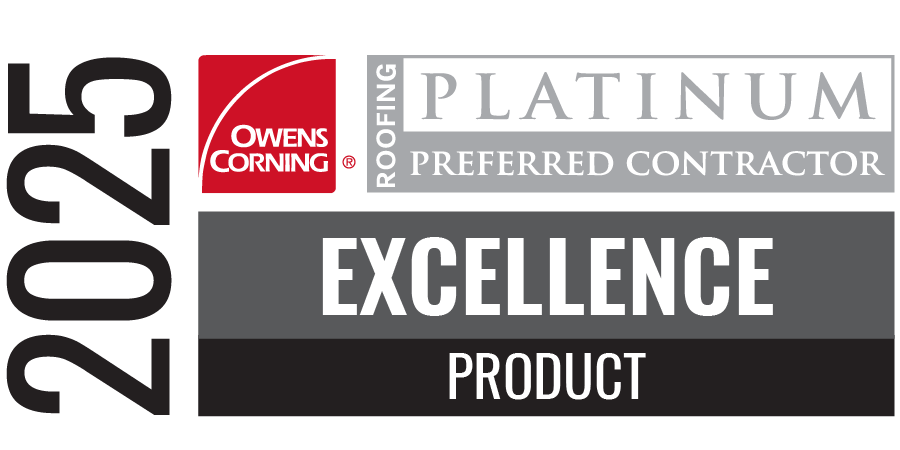

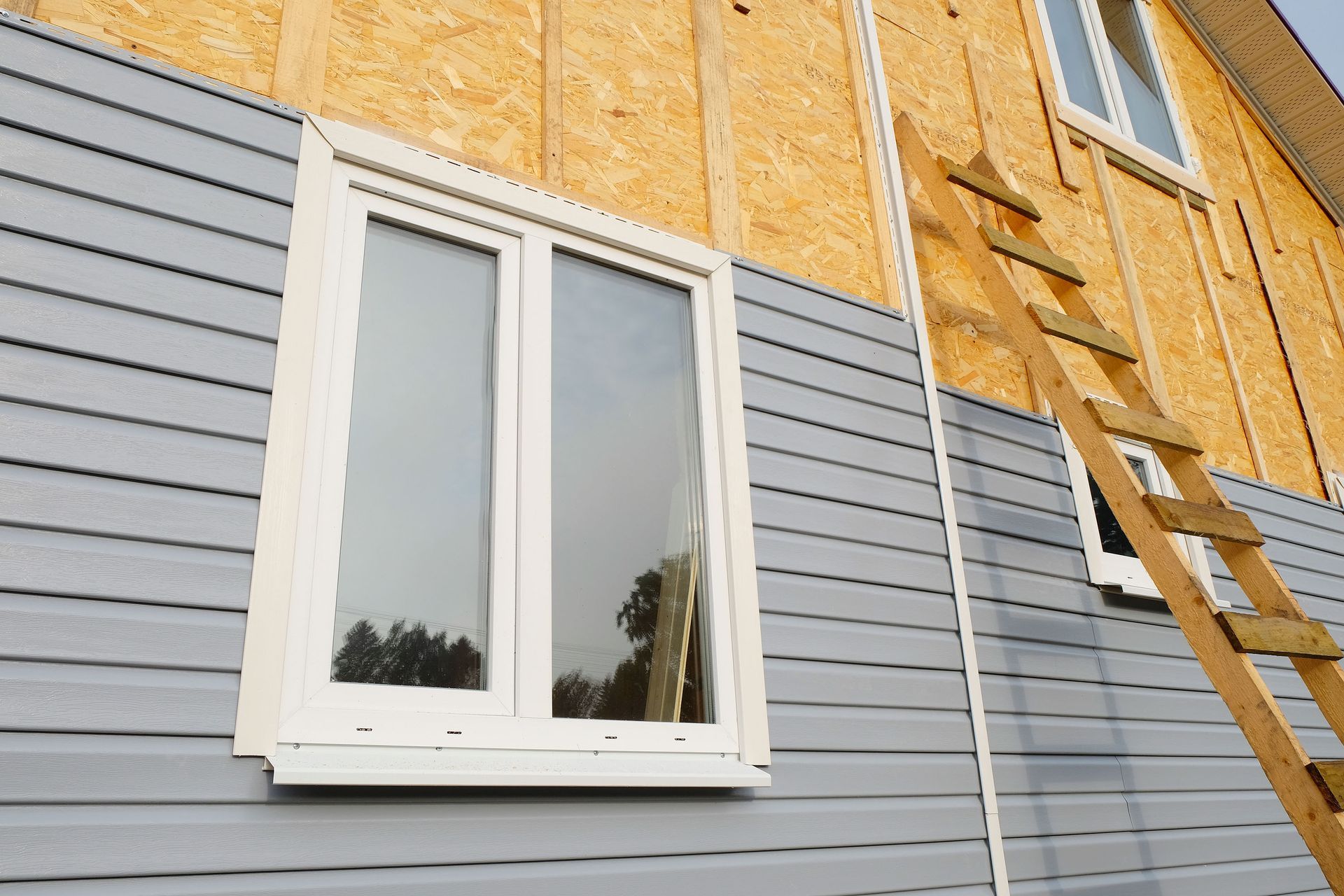
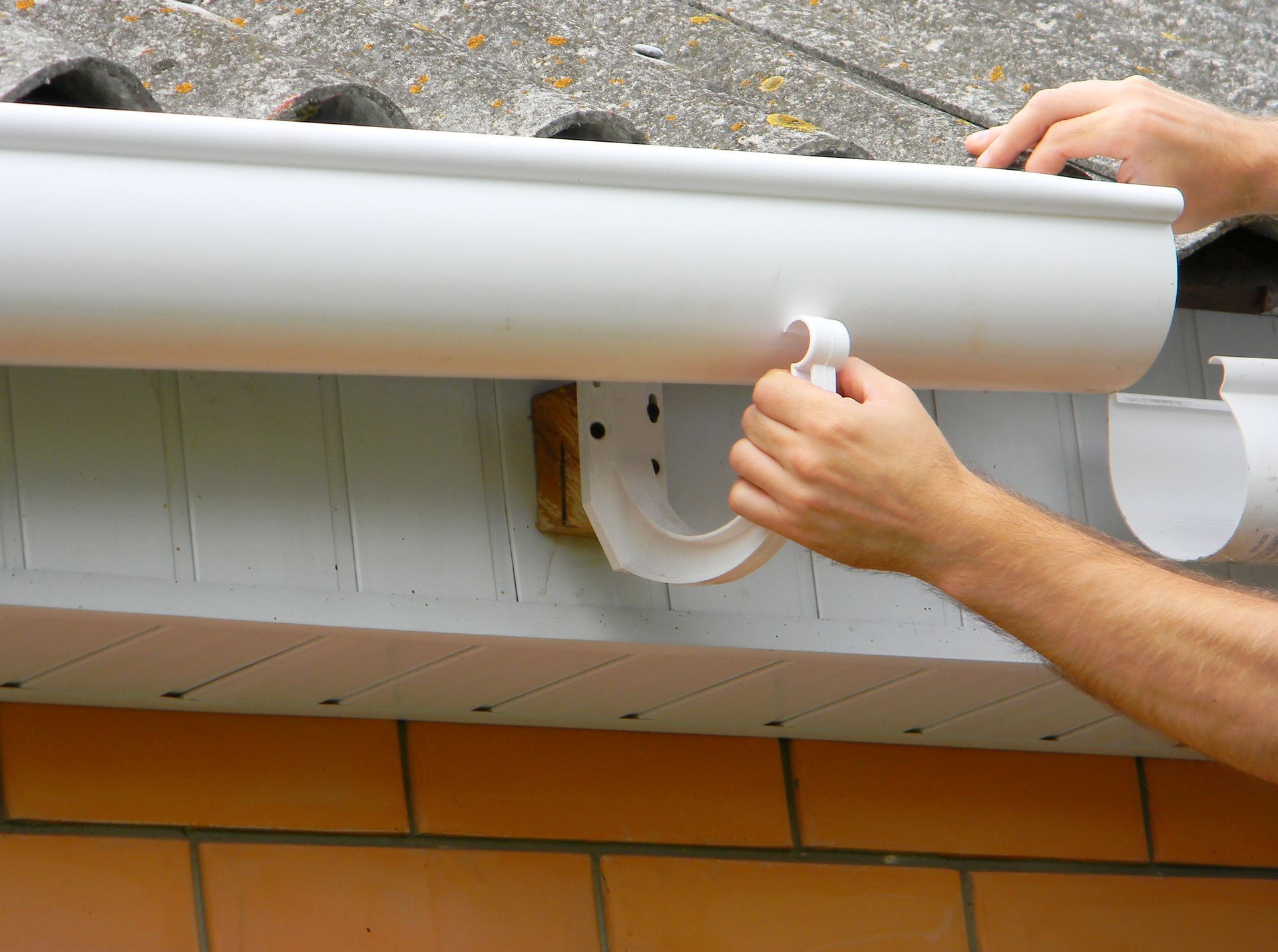
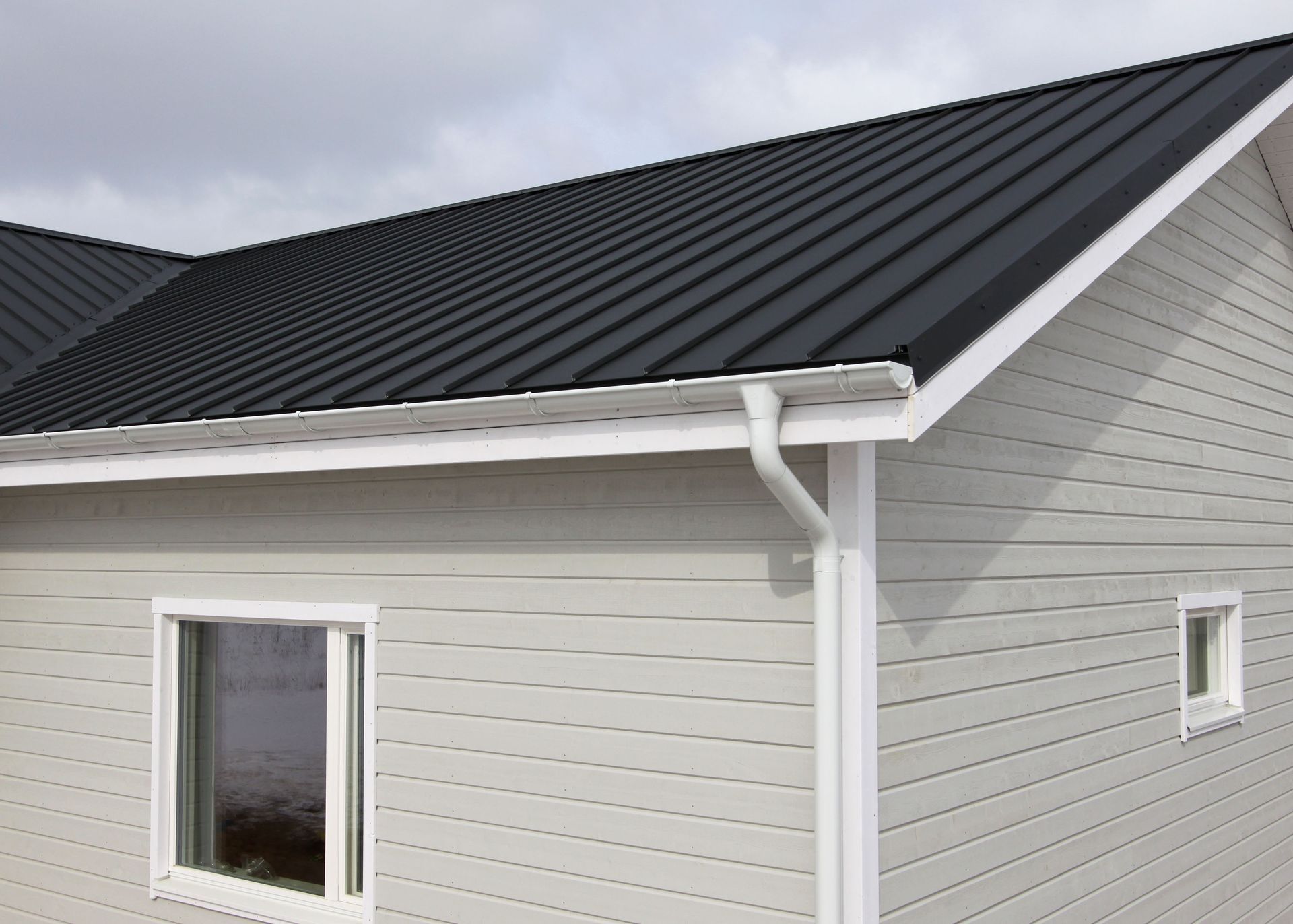
Share On: